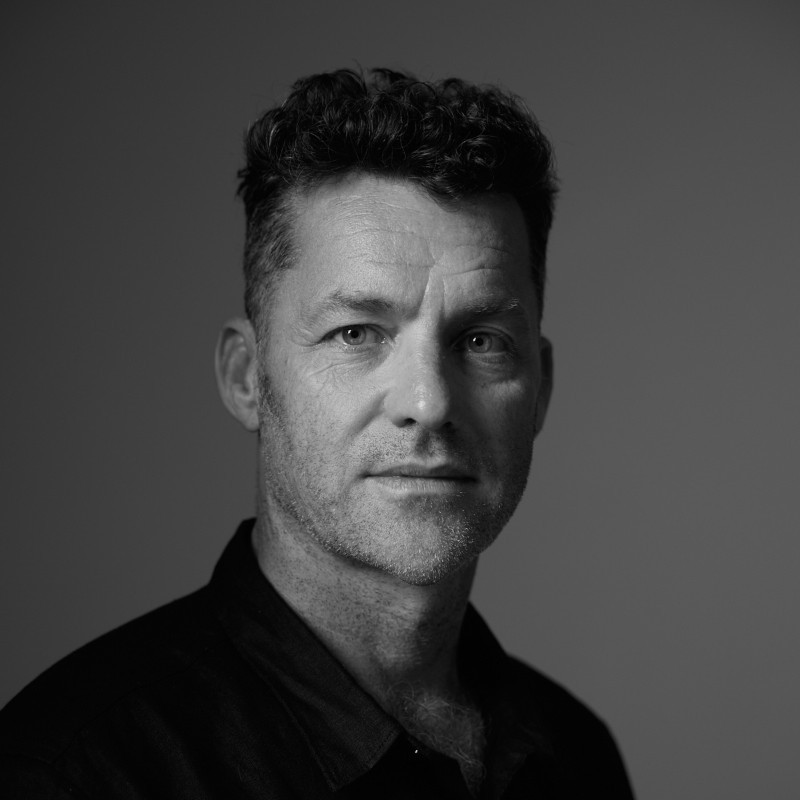
ASKING FOR A FRIEND
How can I improve my self-esteem?
ASKING FOR A FRIEND - QUESTION
When self-doubt creeps in and that inner voice asks "am I good enough?", it's time to look deeper than surface-level solutions. Psychologist and cyberpsychology researcher Ash King explains why gratitude journals and positive affirmations often fall short, while creative leader Simon Lee shares his personal journey from denial to breakthrough therapy. Together with host Andy Wright, CEO of Streamtime and wellbeing advocate, they explore why creative careers seem particularly prone to imposter syndrome and self-esteem struggles. This honest conversation reveals practical strategies for improving self-esteem that actually work, from understanding root causes to finding the right professional support. If you've been wondering how to improve your self-esteem beyond quick fixes, this discussion offers genuine, research-backed insights from people who truly understand the creative industry's unique challenges.
Self-esteem struggles hit differently at the start of a new year. While everyone around you seems buzzing with fresh energy and big plans, you might find yourself stuck in a spiral of self-doubt, wondering if you're actually good enough to tackle what lies ahead. That familiar voice asking "why bother?" can feel particularly loud when you're surrounded by all that optimism.
If this sounds familiar, you're definitely not alone. Self-esteem challenges are incredibly common in creative careers, where imposter syndrome and constant comparison can leave even the most talented people questioning their worth.
This question was answered by Ash King, psychologist, writer/designer and cyberpsychology researcher at the University of Sydney, who specialises in helping creatives manage their mental health through psychology and mindfulness. Simon Lee, Chief Creative Officer and joint owner of The Hallway, brings his perspective from over a decade of creative leadership and his own experience navigating mental health challenges. Andy Wright, host and CEO of Streamtime, facilitated the discussion with his background in championing wellbeing in the creative industry.
Getting to the root of the problem
The key to improving self-esteem isn't what you might expect. As Ash explains: "It's more important to find out the reasons for low self-esteem and address those rather than try to enhance self-esteem for its own sake."
You've probably seen plenty of advice about keeping gratitude journals, writing out your accomplishments, or doing things that make you feel good. While these techniques aren't harmful, they often work like a plaster on a deeper wound. They might help you feel better temporarily, but those nagging thoughts of "not good enough" will likely resurface.
The real work involves digging deeper to understand where these thoughts come from and how they're impacting your daily life and work.
Why creative careers make it harder
Imposter syndrome seems to have a particular grip on creative professionals. The constant need to put your work out there for judgement, combined with the subjective nature of creativity, creates a perfect storm for self-doubt.
As Ash notes, this can leave you "mired in a lot of insecurity feeling like we're the only ones who feel that way." The truth is, most creatives experience these feelings, but we rarely talk about them openly, which only makes the isolation worse.
The power of professional support
Both Ash and Simon emphasise that seeing a therapist, psychologist, or counsellor can be transformative. Simon shares his own experience: "Going and seeing that therapist was the best thing I ever did."
He admits that initially, therapy felt taboo: "I sort of grew up in an era where therapy was really taboo, it was only kind of either self-obsessed celebrities or genuinely mad people who saw therapists." But taking that step changed everything for him.
Professional support provides a safe space to explore these feelings without judgement. As Simon explains: "I know what the root of the issue is, I'm conscious of it, I can see it, and so it makes it a whole lot easier to deal with those sorts of situations."
Overcoming the barriers to getting help
Many people resist the idea of therapy, often thinking it's not for them. Ash shares her own initial reaction: "I remember going no I don't need to see a therapist that's for like people with schizophrenia and serious problems."
You might worry about taking spots away from people who are "really struggling," but this kind of thinking undermines your own valid need for support. If you're questioning whether you need help, that's often a sign that you do.
Finding support through NNC Circles
If you're not ready for individual therapy or want additional peer support, Never Not Creative Circles might be a good starting point. These are peer support groups specifically designed for creatives dealing with mental health challenges, including self-esteem issues.
Circles connect you with other creatives in small, confidential groups where you can share experiences and learn practical skills. They're facilitated by trained professionals and provide a supportive community for anyone experiencing anxiety or struggling with life's challenges. You can learn more about Circles and register your interest here.
When to seek professional help
While peer support and self-help strategies can be valuable, sometimes you need more intensive support. If your self-esteem struggles are significantly impacting your work, relationships, or daily functioning, it's worth speaking to a mental health professional.
Don't wait until things become overwhelming. Early intervention often leads to better outcomes and can prevent more serious mental health challenges from developing. If you're unsure where to start, you can find crisis support and professional help resources here.
Moving forward with self-compassion
Improving self-esteem is rarely a quick fix, and that's okay. As Simon discovered, even after therapy, "would I say right now that I'm constantly happy and nothing negative comes up? No, but I know what the root of the issue is."
The goal isn't to eliminate all self-doubt (that would be unrealistic), but to understand where it comes from and develop healthier ways of relating to those thoughts. With the right support and strategies, you can learn to recognise when you're spiralling and have tools to pull yourself back.
Remember, questioning your worth doesn't make you weak or broken. It makes you human. And like any other aspect of your wellbeing, your self-esteem deserves attention, care, and professional support when needed.
our guests
Industry Leader

Simon Lee
Enigma
Mental Health Expert

Ash King
ashking.com
Host

